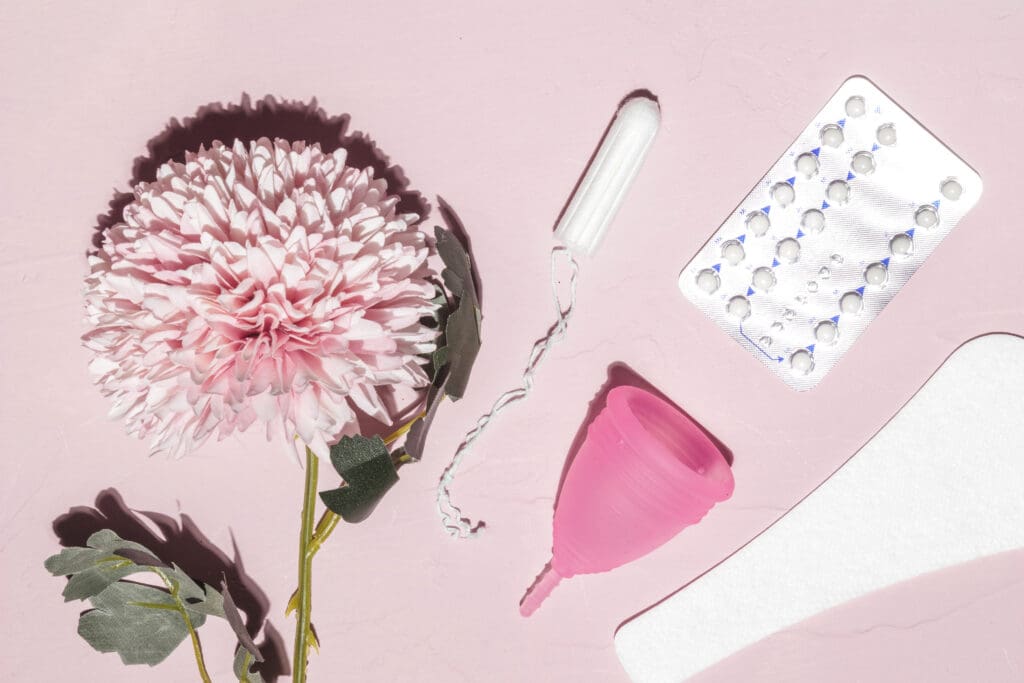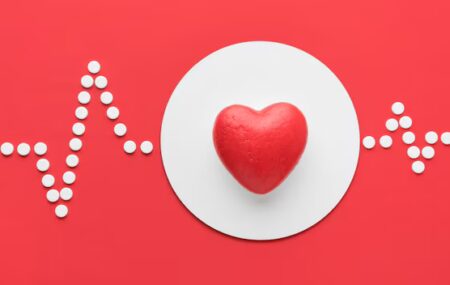
Changing Menstrual Products: Tips for a Happy and Healthy Period
Intimate hygiene can feel overwhelming. You have to work out which menstrual product to use, how it works, and whether you’re actually maintaining a healthy routine. Thankfully, we’ve written much about menstrual hygiene and how to approach it. In this blog, we’ve got six practical tips on when and how often you should change your menstrual products to make your period as smooth as possible.
How often should I change my period product?
Sanitary pads are a common choice for many Muslim women. It’s best to change your pad every 4 to 6 hours, irrespective of how light your flow may be. This helps avoid irritation or rashes from wearing a damp pad for too long. On heavier flow days, you might need to change your menstrual product every 2 to 4 hours to stay fresh and prevent leaks. If you find yourself needing to change more frequently, such as every hour due to a very heavy flow, this could be a sign of excessive bleeding, and it’s worth discussing with your healthcare provider for further evaluation and support.
Tampons are super convenient for women with active lifestyles. You should aim to change them every 4 to 8 hours, depending on your flow. Leaving a tampon in for too long can increase the risk of toxic shock syndrome (TSS), a rare but serious bacterial infection. Symptoms of toxic shock syndrome (TSS) can include: a sudden fever, rash (often resembling sunburn), low blood pressure, muscle aches, vomiting, or confusion. These symptoms require immediate medical attention, as TSS is a rare but serious condition.
If you find that a tampon lasts longer than 8 hours without needing a change, consider switching to a lower absorbance to better match your flow. If you ever experience an unpleasant discharge and suspect you’ve forgotten to remove a tampon, seek medical advice right away.
Menstrual cups are growing in popularity because they’re eco-friendly and long-lasting. Depending on your flow, menstrual cups can be worn for up to 12 hours before they need to be emptied and rinsed. When you are cleaning, make sure to follow the manufacturer’s instructions. At the end of your period, sanitise your cup by boiling it in water for at least 5 minutes to ensure it is thoroughly cleaned and safe for reuse.
Period underwear is a relatively new option. It offers a comfortable and reusable alternative to traditional menstrual products. They can be worn alone or as a backup for added protection. Period underwear should ideally be changed every 8-12 hours, depending on your flow. You should also change your period underwear if you feel wetness or skin irritation, or if you see blood on your clothes. They are machine washable, but for the best results, follow the care instructions provided by the manufacturer. Washing them properly ensures they last longer and maintain their absorbency.
Why should I change my period product regularly?
It’s important to change your period products regularly to protect your vaginal health. Trapped moisture can create an environment for bacteria and fungi to grow, which can lead to infections like a yeast infection. Harsh or scented products also can disrupt the natural pH balance of your skin and cause skin irritation. Finally, regular changing prevents odour buildup.
Reminder: If you’re using reusable products like menstrual cups or period underwear, ensure they are thoroughly cleaned after each use to maintain hygiene and prevent infections.
Key tips for vaginal health
Wash your hands before and after using any menstrual product
This might seem basic. But it’s a vital step that can often be overlooked. Always wash your hands before and after changing your product. This helps reduce the spread of bacteria and infections. Poor menstrual hygiene can lead to health risks, including reproductive and urinary tract infections, bacterial infections, and thrush.
Dispose of used products properly
If you’re using disposable products like pads or tampons, remember to discard them in a hygienic and environmentally friendly way. This includes:
- Wrap them in toilet paper or the wrapper they came in and toss them in a designated sanitary bin.
- Never flush them down the toilet.
If you do flush products, it can end up clogging the sewage systems, leading to system failure. It can also harm the environment in a number of ways, not limited to marine life, contributing to the formation of fatbergs, disturbing soil microflora and taking a long time to decompose.
Did you know? The Qur’ān reminds us of how the environment sustains human life [Sūrat Nahl, 16:65; Sūrat Al An’ām, 6:99]. Caring for it is, therefore, a amānah (trust) we must uphold as stewards of this Earth. Indeed, in Sūrat Ar-Raḥmān (55:1-8), Allah (ﷻ) describes the harmony of creation, including the sun, moon, and stars. Human beings are warned to not transgress the world’s perfect balance by exploiting or altering it for selfish purposes [Sūrat al Nisā’, 4:119]. This includes causing harm to the earth via environmental degradation. We are taught to be responsible, ensuring the planet remains healthy for future generations. Remember, animals, plants, and ecosystems are all seen as signs of Allah (ﷻ). They glorify Him in their own ways, even the smallest of creatures [Ṣaḥīḥ al-Bukhārī, 536]. So, it’s our duty to preserve them!
Wear light, breathable clothing
What you wear during your period matters more than you might think! Tight, synthetic fabrics can trap heat and moisture, creating an environment for bacteria to thrive. This can lead to discomfort and increase the risk of infections. Therefore, try to opt for cotton underwear and loose, breathable fabrics that allow airflow. These materials help to wick away moisture and keep the skin dry. This can help you feel fresher and more comfortable throughout the day.
Shower daily and gently clean
Istinjāʾ is the practice of cleansing oneself after using the toilet, either with water or other permissible materials like stones or tissues. This method ensures that any impurities (najāsah) from the body are fully removed, specifically from the private parts.
Showering daily is a simple but essential step. In doing so, it’s essential to be gentle when cleaning the vulva (the external part of your vagina):
- Use warm water and a mild, unscented soap if necessary. Avoid harsh soaps and scented products, as these can irritate the sensitive skin around your vulva and disrupt your vagina’s natural pH balance.
- Wipe front to back. This will help avoid spreading bacteria from the anus to the vagina, which can lead to infections.
- Remember, the vagina is self-cleaning! It does not need any internal washing or douching, which can actually do more harm than good. Use only your hands to clean the vulva rather than clothes, sponges, or cleaning tools, which can cause irritation or introduce harmful bacteria.
- Avoid over-cleansing or washing the area more than once a day, as this can disrupt the natural balance of bacteria and potentially harm your vaginal health.
Avoid scented products
Scented hygiene products, like pads, tampons, or toilet paper, may seem like they’ll help keep you fresh, but they can do the opposite. These products often contain chemicals that can irritate the skin and throw off your vagina’s natural balance, leading to infections such as bacterial vaginosis (BV) or yeast infections. Stick tounscented and chemical-free products to maintain your vaginal health and avoid any unnecessary irritation.
Quick tip: If you’re using wipes during your period, choose unscented and alcohol-free ones to avoid irritation. Your body knows how to take care of itself – sometimes, less is more!
Your hygiene, your health
Menstrual hygiene is a crucial aspect of self-care, and it doesn’t have to be complicated. By following these simple guidelines, you can ensure that you stay fresh, healthy, and comfortable throughout your period. Whether you prefer pads, tampons, cups, or period underwear, changing your products regularly and maintaining good hygiene habits is key to a happy period.
So, take care of yourself by keeping your hygiene in check. It’s the Muslim way! Islam places great emphasis on cleanliness, whether it’s of the body, mind, or soul. The Prophet Muhammad (ﷺ) encouraged acts like brushing teeth, trimming nails, and cleaning regularly. Such personal hygiene is a huge reflection of our faith. It’s also a means to prevent illness and improve overall health and well-being. Because your body, your health, and your well-being are all worth the effort!
Reviewed by Dr Hussain Muhamed

